You may be wondering where an American should consider retiring in France.
How do you imagine your life in retirement? Do you dream of sidewalk cafés in Paris, sipping espresso, and reading the latest issue of Le Monde or Paris Match? Or does the French countryside with its vineyards and chateaux call you? French retirement options are many, so you need to narrow your focus.
The best place to retire in France is the more affordable and enjoyable place that suits you and your budget. Here are a few retirement options…
The Burgundy region is justly famous for its wines (and tasting tours), but there is so much more here to see and do for the adventurous retiree. Take a barge or try canoeing or cycling along the many canals in the region.
Exploring the countryside, you can visit the16th century Château de Ancy-le-Franc with its Italian-influenced murals and painted ceilings, and l’Abbaye de Fontenay, one of the oldest Cistercian monasteries in France, with its strong, uncluttered architecture and stained-glass windows illuminating the interior in tones of aquamarine, sky blue, and brilliant yellow.
Best of all, real estate in Burgundy can be very affordable. You can find a cottage or row house for about US$100,000 as well as fixer-uppers in the countryside for as little as US$55,000 or less.
Morbihan in southern Brittany features a variety of interesting contrasts for retirees, with the prehistoric monoliths of Carnac, the beaches and islands along the coast, medieval towns and castles inland, and the ports and villages around the Gulf of Morbihan.
The more than 3,000 standing stones at Carnac, dating back as far as 4500 B.C., still inspire awe, and the Prehistory Museum here showcases artifacts from the Stone Age up to Roman times. The popular resort of Carnac Plage has all the usual beach facilities, as well as numerous restaurants, cafés, and small shops, while off the coast here you’ll find the picturesque islands of Ile-d’Arz and Ile-aux-Moines.
Pontivy in the north of Morbihan is ideal for history buffs. The seat of one of Brittany’s most powerful families in the 15th century, the medieval town center is still dominated by the castle that bears its name, the Chateau Rohan. In the early 1800s, Napoleon expanded the city westward using a cleaner and more regimented design, giving Pontivy two very different faces. Morbihan also offers some incredible bargains, including a two-bedroom house, minutes from the village of Rohan for under US$30,000.
Given the attraction of the Cité, the Bastide, and the surrounding area, property prices are very reasonable in Carcassonne and other regions like Languedoc and Pau. Fully renovated apartments can range from about 80,000 euros for a studio to 200,000 euros for a six-bedroom property. Houses in Carcassonne center are harder to find but are available starting at about 200,000 euros. If you extend your search to 5 kilometers out from the center, there’s a far greater choice, everything from new-build villas to renovation projects. Rents start at about 350 euros per month for apartments and from 600 euros per month for houses, making some of them even cheaper than renting in markets like Panama.
Retiring in Paris means a never-ending feast of gallery openings and special performances, museum exhibitions, and seasonal celebrations. You can enjoy three-course meals for US$20 or less, and you can spend hours at a café, watching the city flow by, for the price of a single café au lait. You can join conversation groups, discussion groups, book clubs, and cooking classes, often for very little cost, sometimes even free.
While the price of real estate (renting or buying) is higher in Paris than anywhere in France, some neighborhoods are still quite reasonable. Look to the 15th, 16th, and 18th arrondissements for the best property values. (You’ll find the largest concentration of American expats in the 16th arrondissement.)








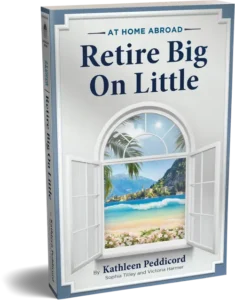
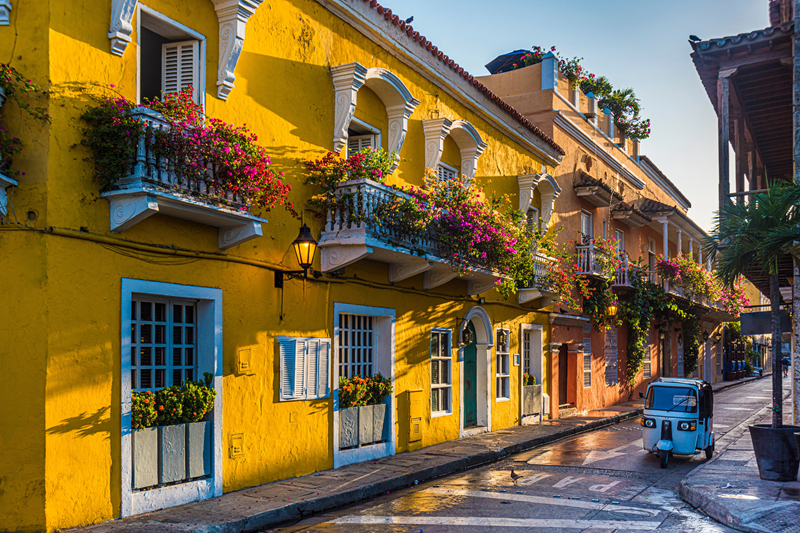 . '
. '
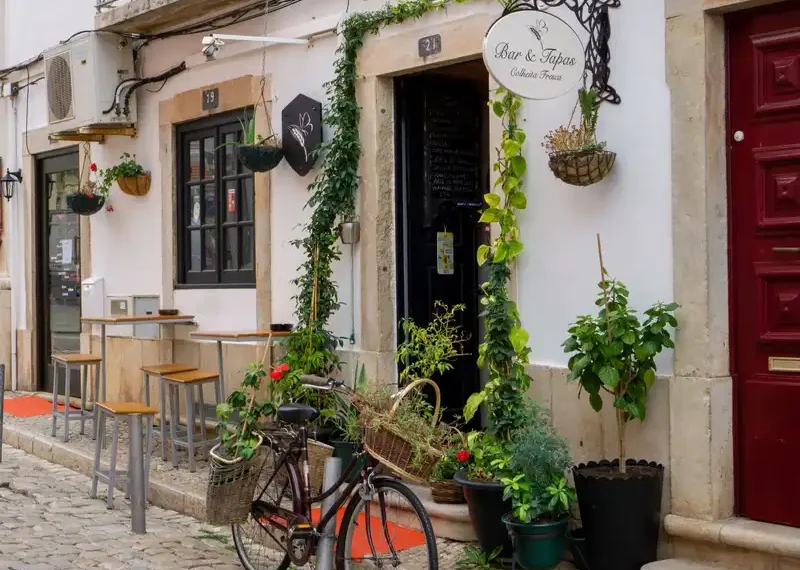 . '
. '
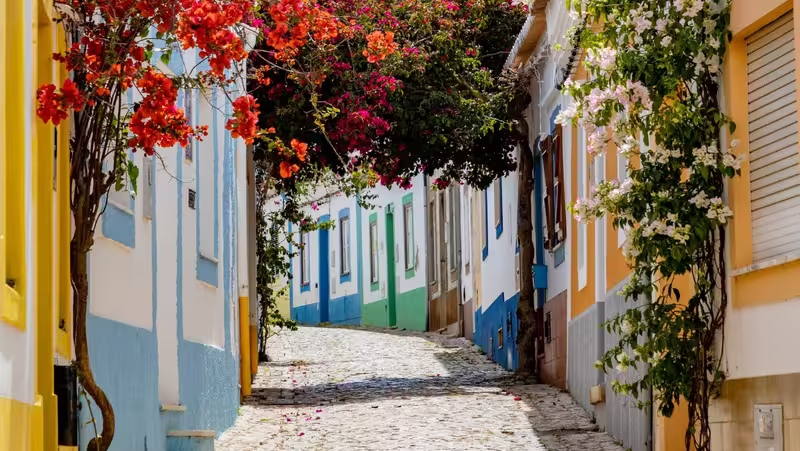 . '
. '
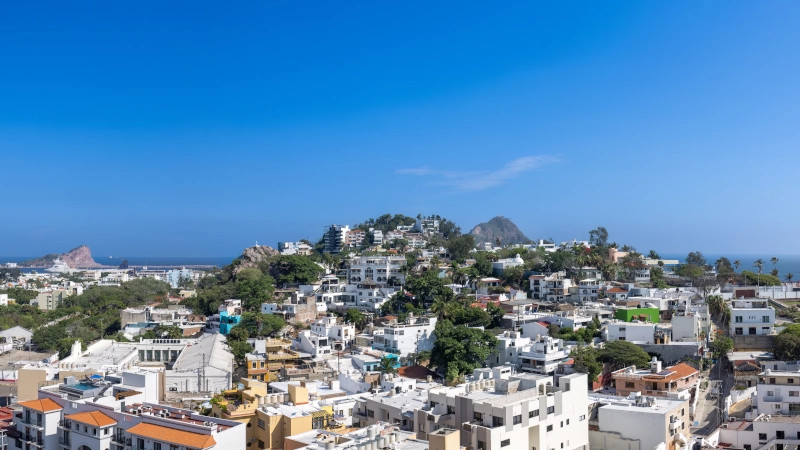 . '
. '
 . '
. '








